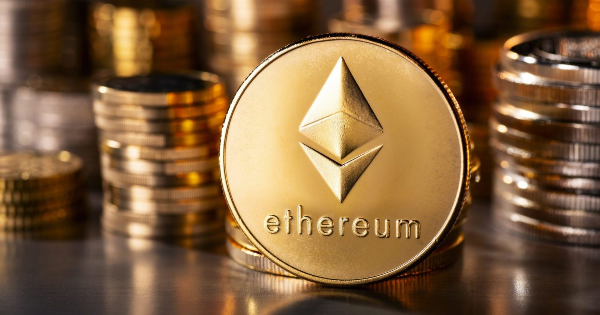In the dynamic landscape of blockchain technology, 以太幣價格 has emerged as a groundbreaking platform that goes beyond mere cryptocurrencies, offering a versatile and decentralized ecosystem. Launched in 2015 by the visionary Vitalik Buterin, Ethereum introduced the concept of smart contracts, enabling programmable and self-executing agreements. This innovation has not only transformed the world of finance but has also opened doors to countless applications across various industries.
At its core, Ethereum operates as a decentralized global computer, powered by a network of nodes. Its native cryptocurrency, Ether (ETH), fuels this ecosystem and serves as both a medium of exchange and a store of value. However, Ethereum’s true potential lies in its ability to facilitate decentralized applications (DApps) and decentralized autonomous organizations (DAOs). Developers can utilize the Ethereum platform to build and deploy smart contracts that execute automatically when predefined conditions are met.
One of the key advantages that Ethereum offers is its commitment to openness and interoperability. The platform’s underlying technology has inspired the creation of numerous other blockchain projects, contributing to a thriving ecosystem of innovation. However, Ethereum has not been without its challenges. As the popularity of the network grew, scalability became a pressing concern. The limitations of its original consensus mechanism, proof-of-work, led to issues like network congestion and high transaction fees during peak usage times.
To address these concerns, Ethereum is in the process of transitioning from a proof-of-work to a proof-of-stake consensus mechanism through Ethereum 2.0. This upgrade aims to significantly increase scalability, security, and sustainability by introducing concepts like shard chains and the Casper protocol. Ethereum’s development community remains committed to enhancing the platform’s efficiency while maintaining its decentralization ethos.
In conclusion, Ethereum continues to be a driving force in shaping the decentralized future. Its innovative approach to smart contracts and DApps has paved the way for a new wave of possibilities, ranging from decentralized finance (DeFi) and non-fungible tokens (NFTs) to supply chain optimization and beyond. As the Ethereum ecosystem evolves with the ongoing upgrades, it holds the potential to revolutionize industries and redefine the way we interact with technology and value exchange on a global scale.
